Traditionally dry, tart, and still, German Apfelwein gets top billing at several memorable bars in the cider capital of Frankfurt.
Germany’s artisan cidermaking techniques are honored by UNESCO as an Intangible Cultural Heritage, and produce a unique category of hard cider known by names such as apfelwein and ebbelwoi, both of which translate to “apple wine.” German hard cider is typically dry, tart and still. However, there are exceptions, especially as modern orchard-driven producers revive heirloom apples and production methods.
Thanks to the prevalence of orchards in central Germany, apfelwein is most common in Frankfurt, a city also known for international commerce, conventions and travel connections. The city’s memorable cider halls are concentrated in the neighborhood of Sachsenhausen along the Main River. Drink your fill of local cider at these five Frankfurt shops specializing in apfelwein.
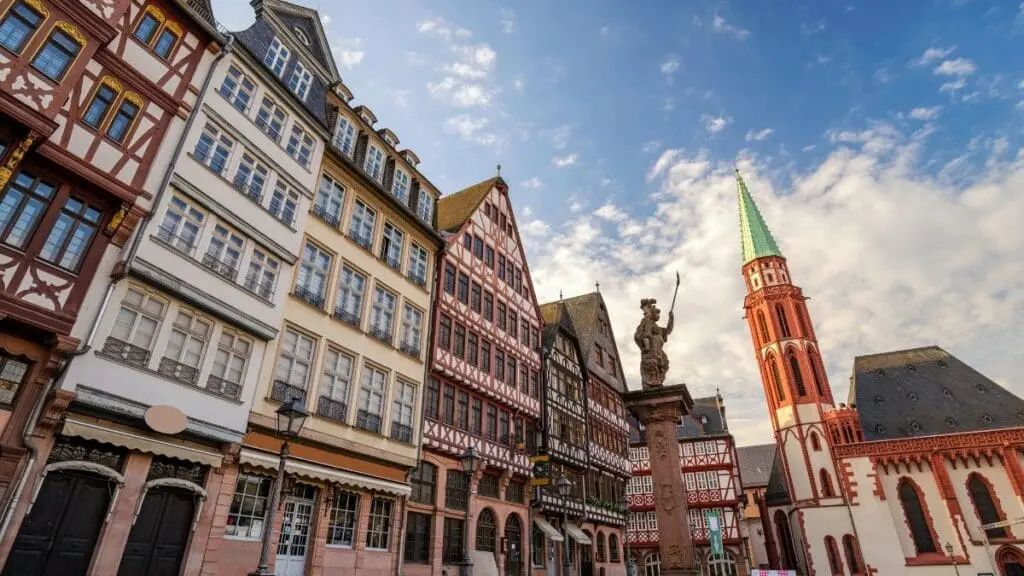
Daheim im Lorsbacher Thal – Despite its large size, this renowned restaurant fills up for a lot of good reasons, including its idyllic courtyard, high-quality house cider, refined local specialties like Frankfurter schnitzel and herbaceous Grüne Soße (green sauce), and what’s said to be the most extensive private collection of apfelwein on the planet. But even if all the seats are taken, you might still be in luck, as owners Pia and Frank Winkler have expanded to a charmingly restored restaurant around the corner (Daheim in der Affentor Schänke) and to a second-floor location in Frankfurt’s famous indoor market hall, Kleinmarkthalle (Daheim in der Kleinmarkthalle). Pro-tip: At the market, look out for cheese cured in apfelwein.
Zur Buchscheer – Founded in 1876, Zur Buchscheer is a long-standing favorite with plenty of outdoor space. It’s located farther south than most places on this list, but is easily accessible by train or tram. The cozy destination is a rarity in that it still serves its own cider, including alcoholic and nonalcoholic versions made with fruit from nearby biodiverse orchard meadows, alongside apfelwein from other producers as well. Here, you can also try other regional classics such as house apfelwein brandy, a shot of Calvados with a whole mispel (a tasty fruit called medlar in English), and Handkäse mit Musik, which translates to “handcheese with music,” a warning about the audible effects this pungent semi-firm cheese with marinated raw onions might create after you digest it.
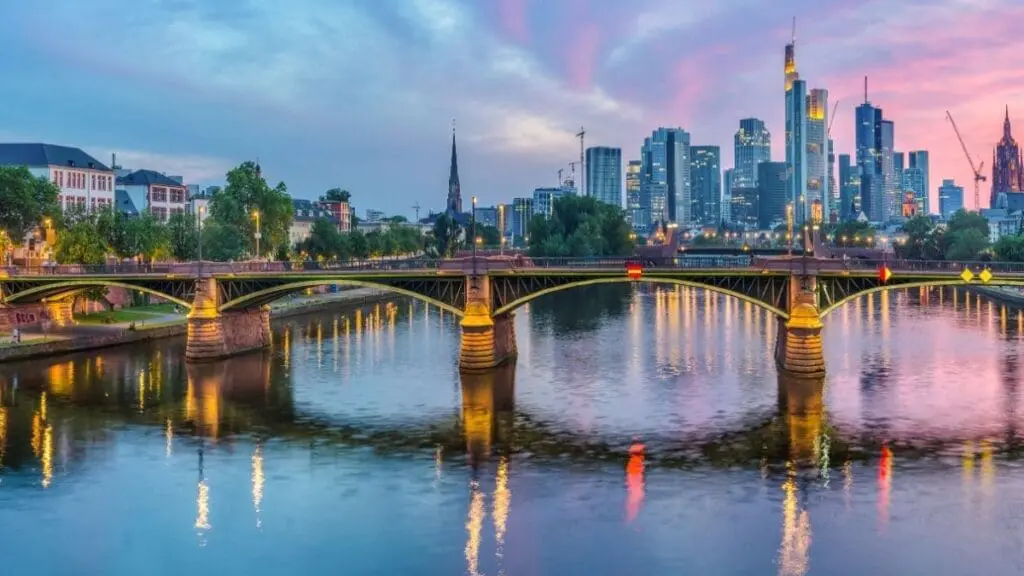
Apfelwein Wagner – Don’t bring your beer-loving friends here — this old-school Sachsenhausen cider hall with rustic but polished surroundings doesn’t serve any pilsner or hefeweizen, and sticks exclusively to wines and spirits. Unlike some places in town, Apfelwein Wagner keeps its cider list simple: You’ll find one type and one type only. Order it by the bembel, which sometimes refers to a stoneware mug, but, in this case, is a customary jug for serving apfelwein. Then, fill a traditional textured glass called a gerippte, drain it while eating some house-made bratwurst and sauerkraut, and repeat.
Obsthof am Steinberg – On weekends, take a combination of train and bus to the outskirts of Frankfurt to experience the beauty of this organic orchard cidery, where Andreas Schneider grows hundreds of types of fruit trees, including more than a hundred different apples. The Schoppenwirtschaft (basically the “cider pub”) has a covered patio as well as open-air tables amid the fruit trees. It’s a gorgeous setting for sampling ciders like the Schneider Schoppen with Speierling, or serviceberry, a blueberry-like fruit that often finds its way into apfelwein. The small food selection here is all organic, including a variety of vegetarian and vegan bites like raclette in the winter and tempeh in the summer.
Apfelweinhandlung JB – Somewhat like the United States, Germany has undergone a cider renaissance in recent decades, re-diversifying after a long period of consolidation and industrialization. Apfelweinhandlung JB, Frankfurt’s oldest dedicated apfelwein retailer, has helped lead this craft movement, curating the best orchard-driven ciders in Germany and beyond. Jens Becker’s shop also serves its own apfelwein made from local heirloom apples, from a quaffable table schoppen to elegant single varietals and vintages as well as blends featuring pear, serviceberry and quince. Keep an eye out here for apfelschaumwein, sparkling apple wine made with the traditional method.


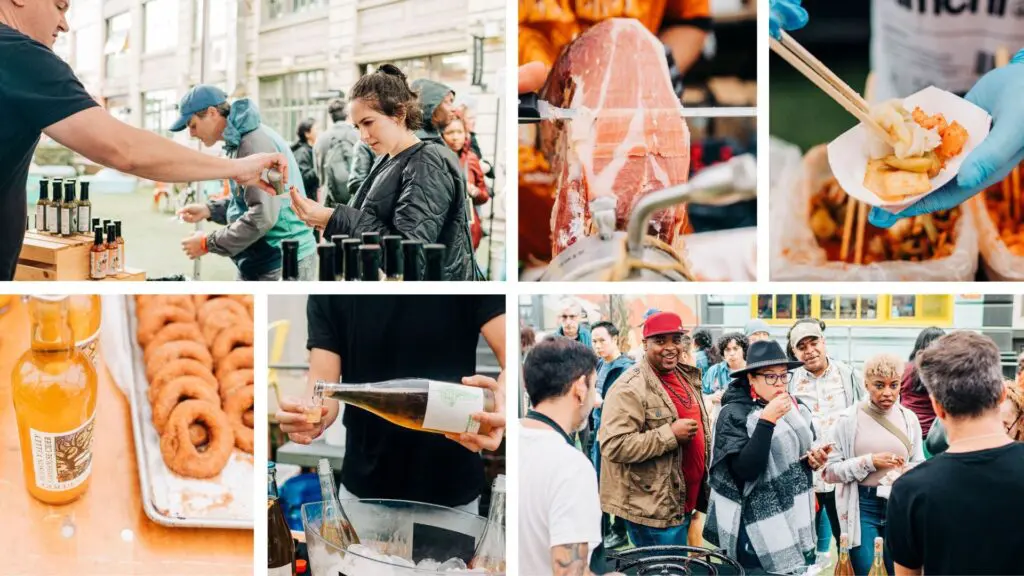
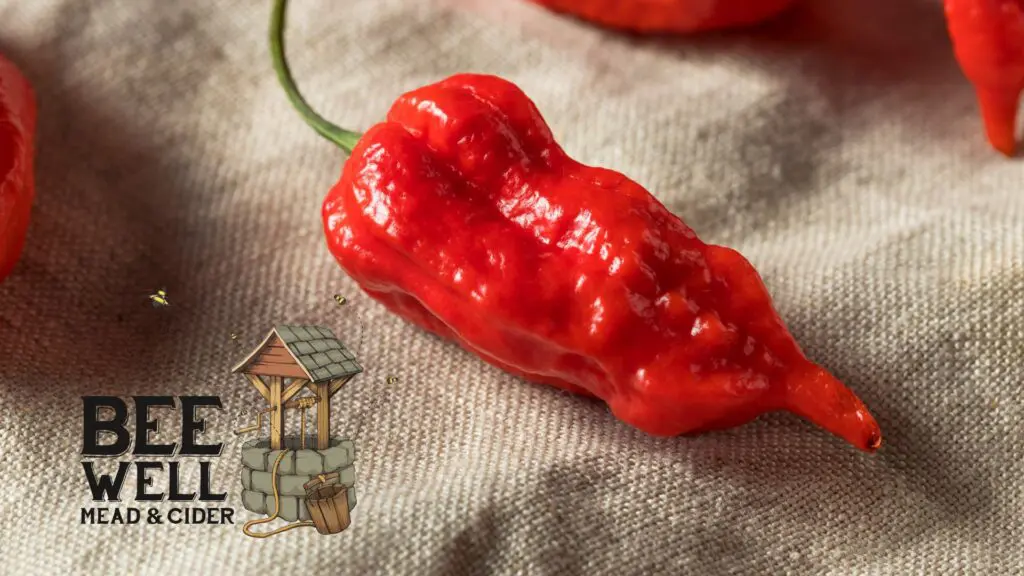
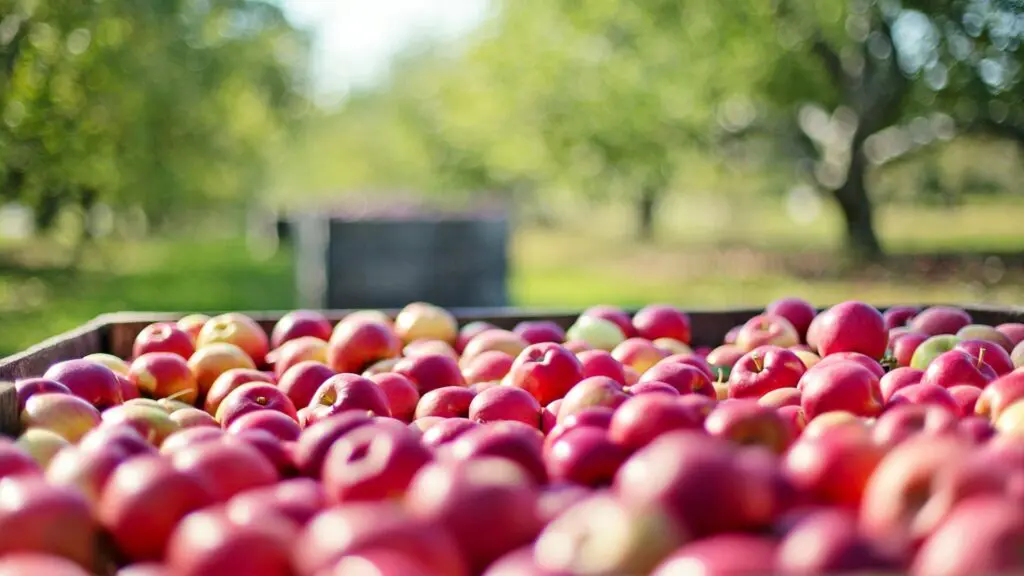


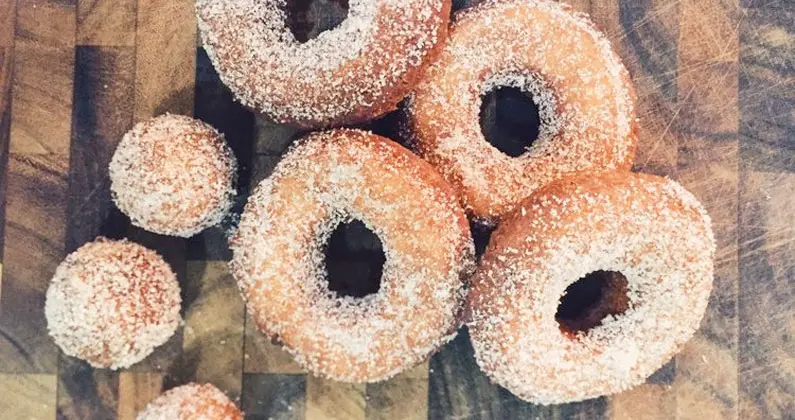
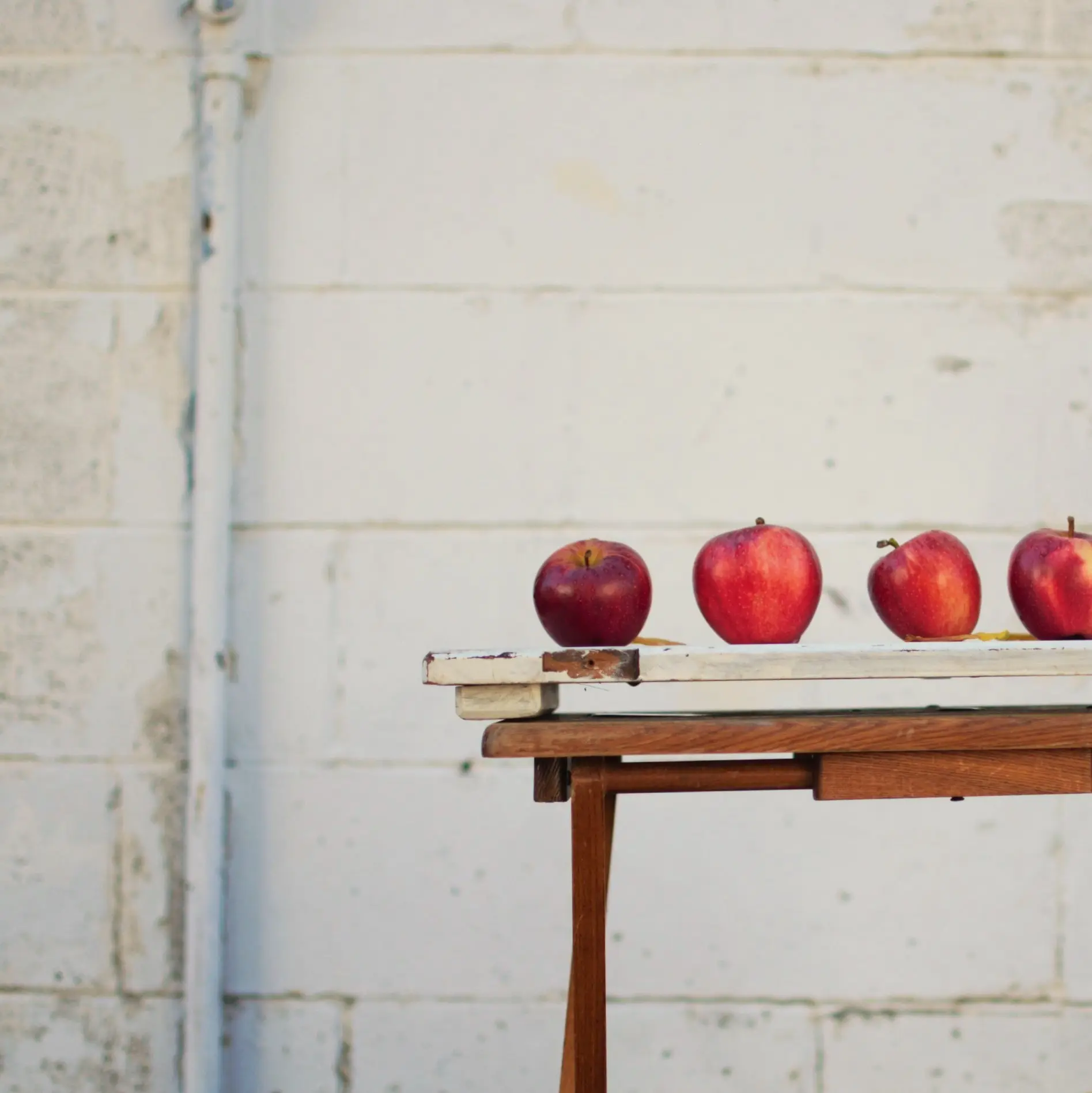

 Looking for the perfect w
Looking for the perfect w
 BREAKING NEWS
BREAKING NEWS 








